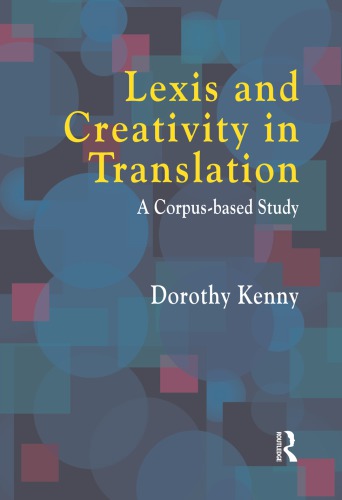

Most ebook files are in PDF format, so you can easily read them using various software such as Foxit Reader or directly on the Google Chrome browser.
Some ebook files are released by publishers in other formats such as .awz, .mobi, .epub, .fb2, etc. You may need to install specific software to read these formats on mobile/PC, such as Calibre.
Please read the tutorial at this link: https://ebookbell.com/faq
We offer FREE conversion to the popular formats you request; however, this may take some time. Therefore, right after payment, please email us, and we will try to provide the service as quickly as possible.
For some exceptional file formats or broken links (if any), please refrain from opening any disputes. Instead, email us first, and we will try to assist within a maximum of 6 hours.
EbookBell Team

0.0
0 reviewsComputers offer new perspectives in the study of language, allowing us to see phenomena that previously remained obscure because of the limitations of our vantage points. It is not uncommon for computers to be likened to the telescope, or microscope, in this respect. In this pioneering computer-assisted study of translation, Dorothy Kenny suggests another image, that of the kaleidoscope: playful changes of perspective using corpus-processing software allow textual patterns to come into focus and then recede again as others take their place. And against the background of repeated patterns in a corpus, creative uses of language gain a particular prominence.
In Lexis and Creativity in Translation, Kenny monitors the translation of creative source-text word forms and collocations uncovered in a specially constructed German-English parallel corpus of literary texts. Using an abundance of examples, she reveals evidence of both normalization and ingenious creativity in translation. Her discussion of lexical creativity draws on insights from traditional morphology, structural semantics and, most notably, neo-Firthian corpus linguistics, suggesting that rumours of the demise of linguistics in translation studies are greatly exaggerated.
Lexis and Creativity in Translation is essential reading for anyone interested in corpus linguistics and its impact so far on translation studies. The book also offers theoretical and practical guidance for researchers who wish to conduct their own corpus-based investigations of translation. No previous knowledge of German, corpus linguistics or computing is assumed.